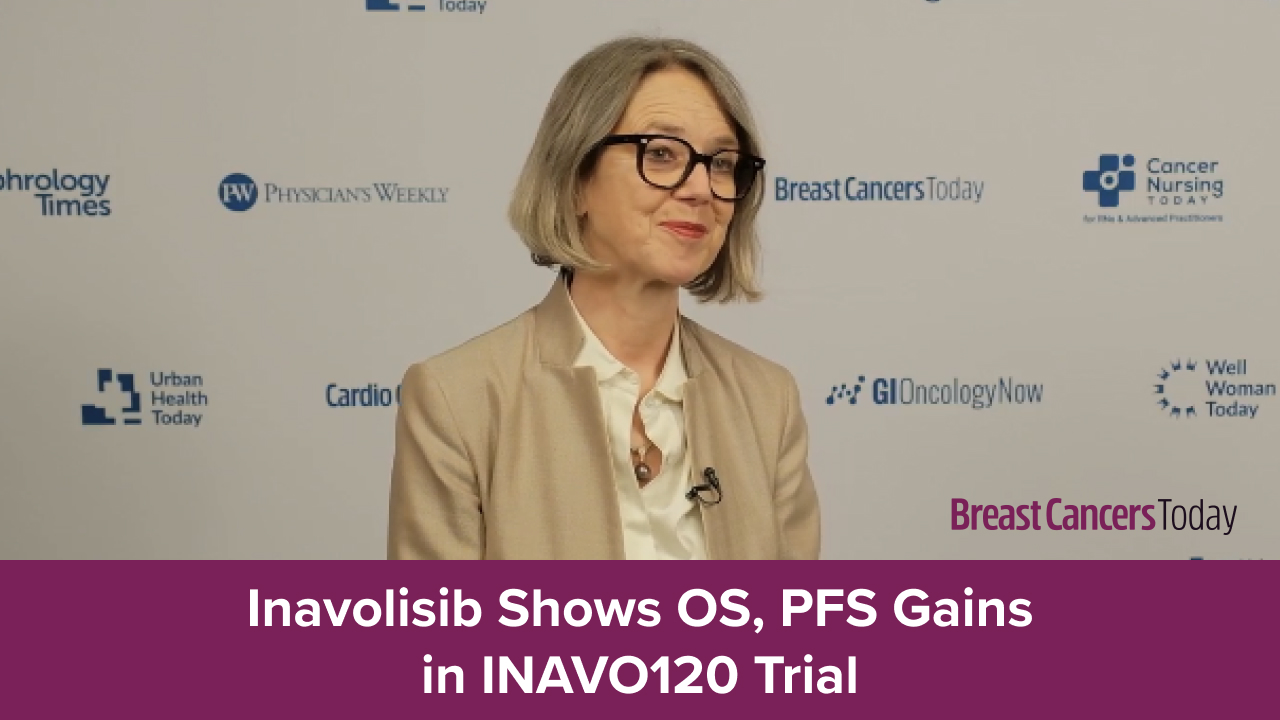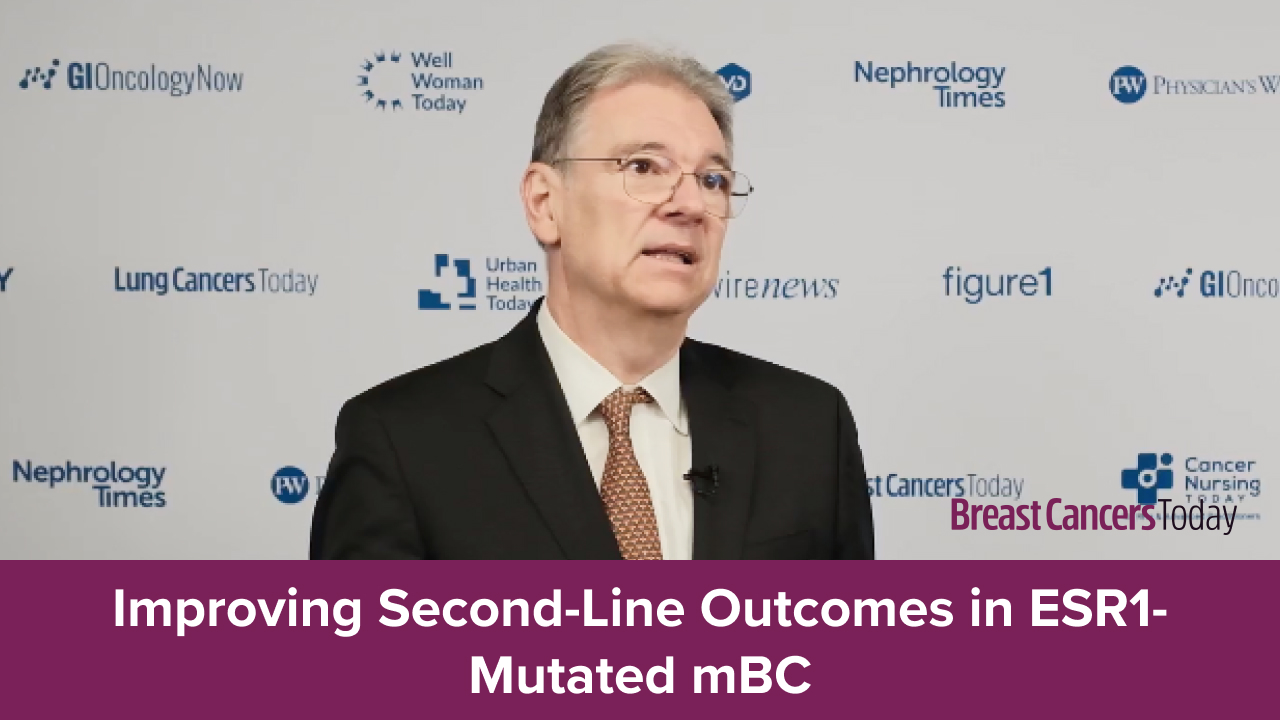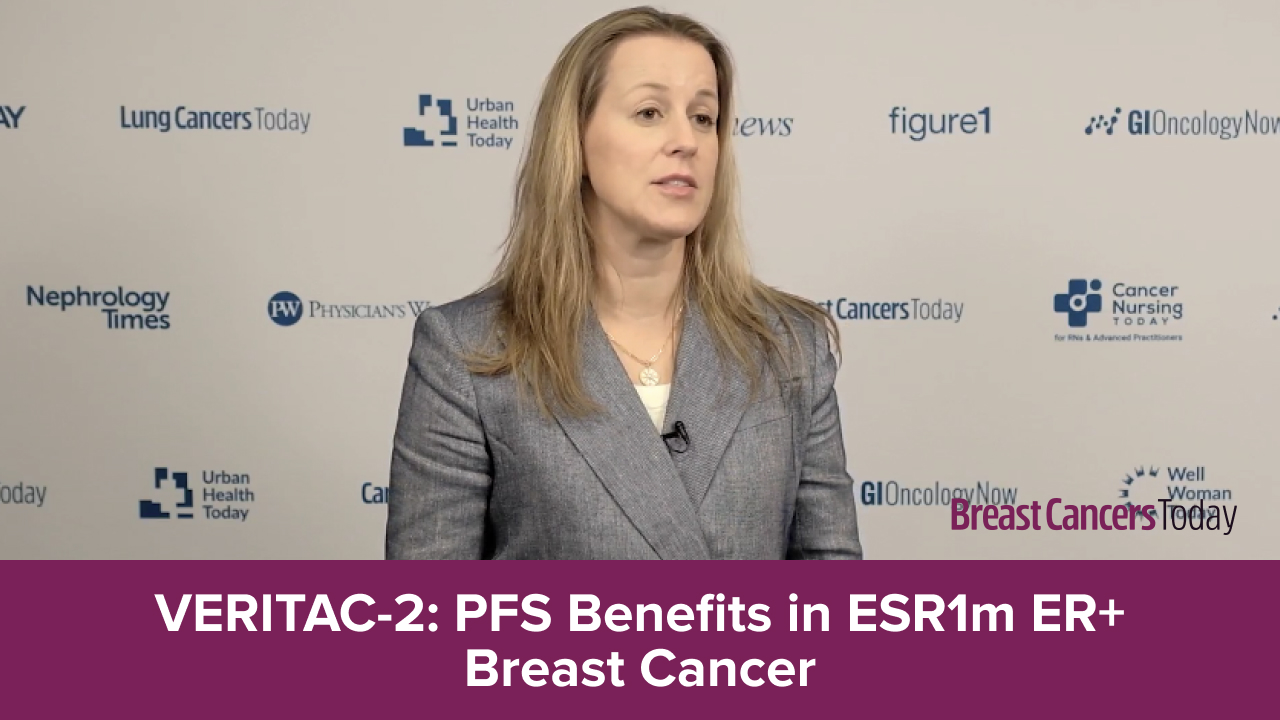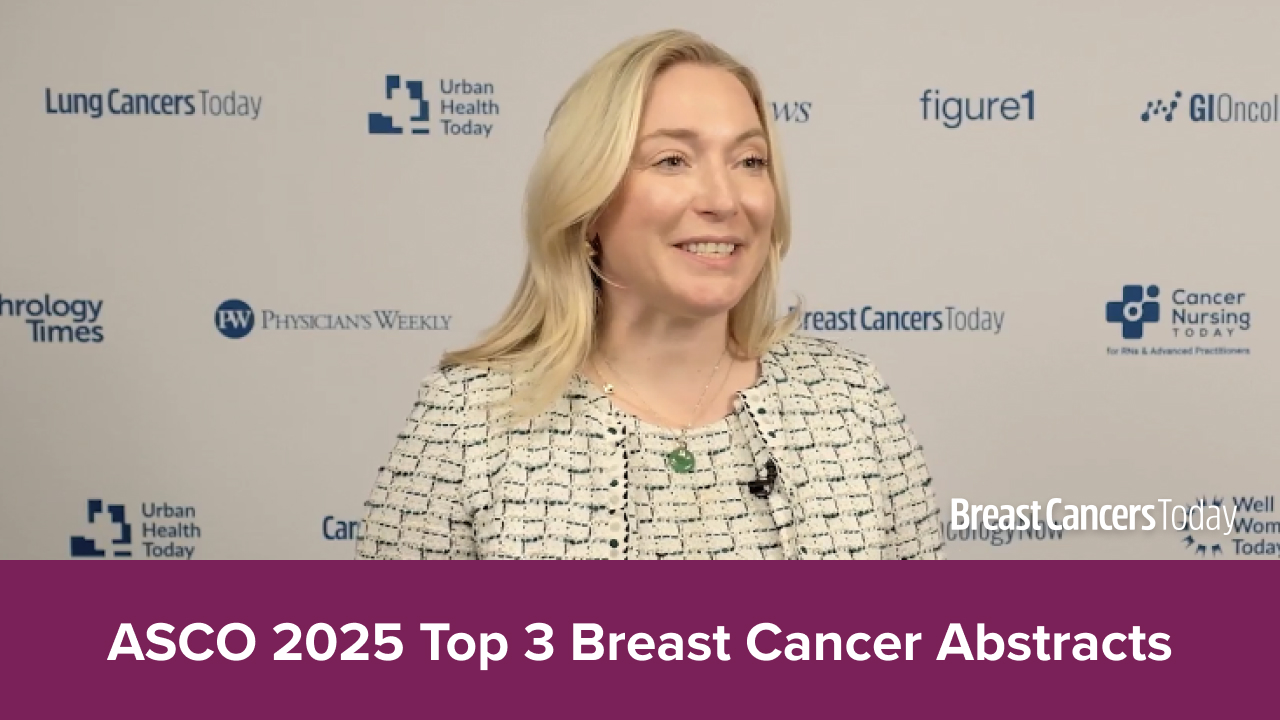
A recent publication in Annals of Oncology presented final survival results from the phase III PENELOPE-B trial, evaluating the addition of palbociclib to endocrine therapy (ET) in patients with high-risk hormone receptor–positive (HR+), human epidermal growth factor receptor 2 (HER2)–negative breast cancer who exhibited residual disease after neoadjuvant chemotherapy. Despite earlier anticipation, the trial found no significant improvement in overall survival (OS) or invasive disease–free survival (iDFS) with the use of palbociclib compared with placebo.
Conducted by Dr. Sibylle Loibl, Goethe University of Frankfurt, and colleagues, the PENELOPE-B trial involved 1,250 patients with HR+/HER2–breast cancer who had residual disease after taxane–based neoadjuvant chemotherapy. Participants were randomized to receive either 1 year of palbociclib (125 mg daily for 21 days every 4 weeks for 13 cycles) or placebo, in addition to standard ET.
After a median follow-up period of 77.8 months, the analysis showed a 6-year OS rate of 82.4% for the palbociclib arm versus 80.3% for placebo (hazard ratio [HR], 0.87; 95% CI, 0.67-1.14; P=0.31), demonstrating no significant survival benefit. In addition, palbociclib did not significantly improve iDFS, distant disease-free survival (DDFS), or locoregional relapse rate (LRR) compared with placebo.
Dr. Loibl and colleagues noted, “The study concluded that palbociclib did not significantly improve survival outcomes in the overall population.” The lack of benefit was consistent across most stratified subgroups within the trial.
However, exploratory post hoc analyses highlighted a potential exception in patients with lobular breast cancer (LBC). In this subgroup, a notable trend toward improved outcomes was observed. Specifically, patients with LBC treated with palbociclib showed an OS HR of 0.45 (95% CI, 0.19-1.07; P=0.062) and an iDFS HR of 0.52 (95% CI, 0.28-0.97; P=0.035), suggesting potential benefit warranting further investigation.
The authors emphasized the need for caution in interpreting these subgroup findings, recommending additional studies to confirm and explore the underlying biological mechanisms driving these differential responses.
Reference
Loibl S, Martin M, Bonnefoi H, et al. Final survival results from the Penelope-B trial investigating palbociclib vs placebo for patients with high-risk HR+/HER2- breast cancer and residual disease after neoadjuvant chemotherapy – PENELOPE-B. Ann Oncol. 2025 Mar 24:S0923-7534(25)00121-8. doi:10.1016/j.annonc.2025.03.010







 © 2025 Mashup Media, LLC, a Formedics Property. All Rights Reserved.
© 2025 Mashup Media, LLC, a Formedics Property. All Rights Reserved.